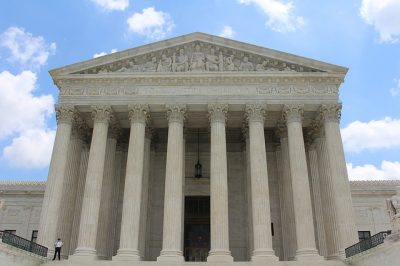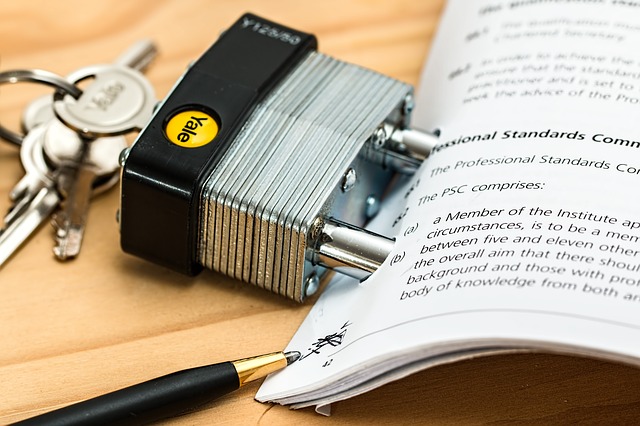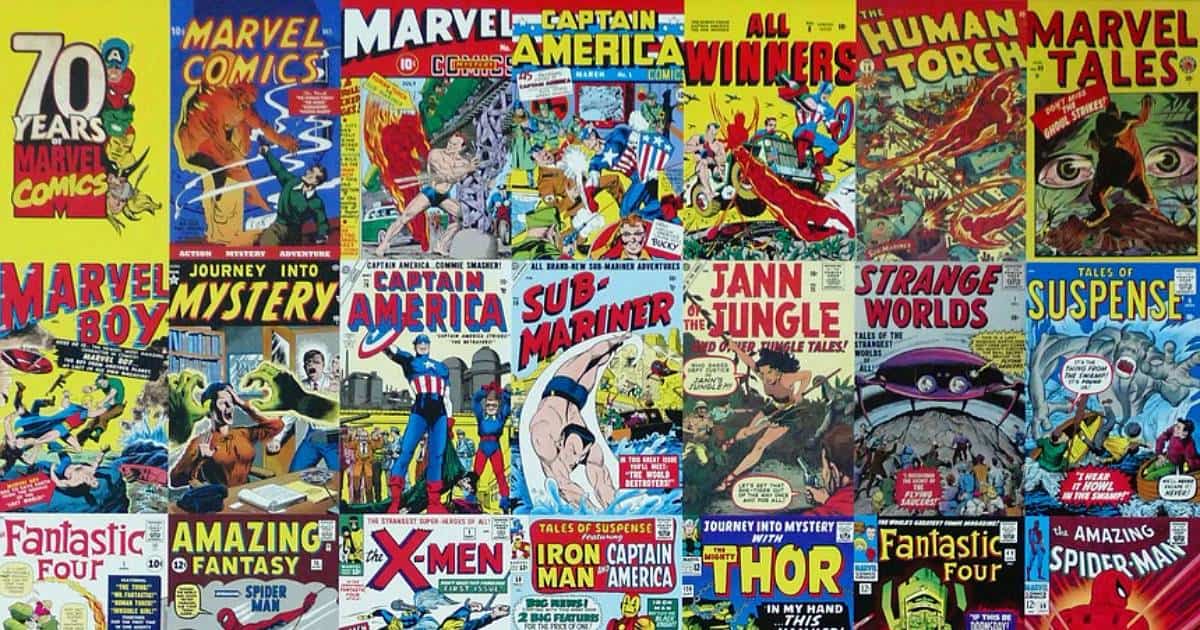Want to Get Sued by a Model? Put His/Her Stock Photo on the Cover of Your Controversial Book!

If someone purchases a photo from a reputable stock agency, they are NOT permitted to use that photo in any way they choose.

If someone purchases a photo from a reputable stock agency, they are NOT permitted to use that photo in any way they choose.

[This article is for information purposes and it is not intended to serve as legal advice.] You have received and sent a lot of letters and e-mails over the years and are thinking of including some of them in your new book. Indeed, you may be considering using such correspondence in a biography relating your […]

***There are millions of people with fascinating stories to tell. Unfortunately, many of these survival stories deal with abuse. I receive numerous emails like this one each year. The email below has been anonymized by me. The actual facts revealed in the email were horrific. ~~~ Hi Angela, I would love to be able to […]

I am still working to get my illustrations for my book. Can you advise on something I was told by my illustrator? She told me that most photos copied from the Internet can be flipped horizontally to alleviate concerns of copyright infringement. For example if a mountain appears on the left side of the photograph, flip the photo so the mountain is on the right side. I also wonder if applying artistic effects to a photo (pencil sketch, smooth pastel, etc.) would eliminate concern of issues. I was given five websites for Royalty Free photos and images that are free of charge. Do you have any recommendations for me?

Your child has written a book and a number of friends who have read it have remarked that it is great, and should be published. Your child then tells you he or she has decided to become an author, and wants to have the book published. You quickly respond “okay,” and then, realizing what you said, you ask yourself a number of questions:
Can my child actually publish a book?

Handing over all rights, including copyright, of your work to another entity goes against the grain for many writers. Others, however, don’t bat an eyelid. You can always write more, right? So, in which situations does it make sense?

We were recently contacted by an author who was unhappy with BookBaby, and wanted to move his book to BookLocker. But, after sending us his files, and discussing formatting, etc., he asked about how to terminate his contract with BookBaby. I told him to read his BookBaby contract, find the termination clause, and follow the instructions there. He found his contract, read it, and wrote me back, not at all happy with what he discovered…

I’m seeking an Intellectual Property Attorney. Can you help me? Please.

The aphorism “Imitation is the sincerest form of flattery” is typically attributed to Charles Caleb Colton. If Colton studied law, clearly he was absent the day “Copyright Law” was discussed. When it comes to writing, imitation is frowned upon and there are many traps and obstacles for the unwary “fan fiction” author.

Could you give me your opinion? Last summer, I sold a short story to a publisher who put it into an e-book anthology. The contract I signed said that I retained the copyright, but the publisher had exclusive rights to publish the story in hardback BOOK form, paperback BOOK form, electronic BOOK form, and audio BOOK form. I found somewhere that pays well for previously published stories, and sells them as e-stories. My husband said it would be the same as an e-book, and would violate my contract. I say that it is like an old 78 rpm single–just one song from a record album. What do you think?